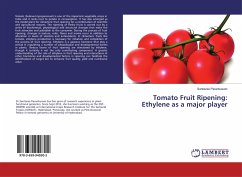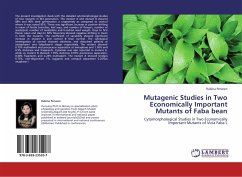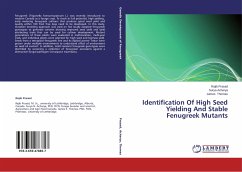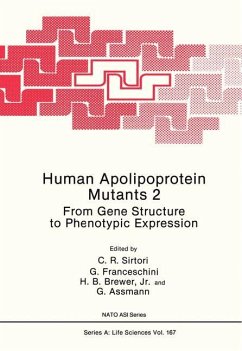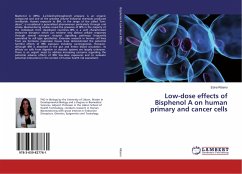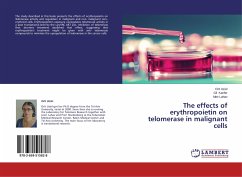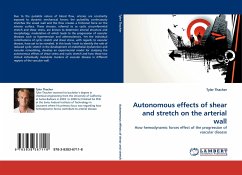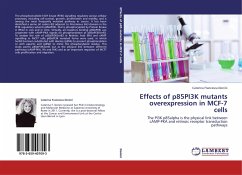
Effects of p85PI3K mutants overexpression in MCF-7 cells
The PI3K p85alpha is the physical link between cAMP-PKA and retinoic receptor transduction pathways
Versandkostenfrei!
Versandfertig in 6-10 Tagen
22,99 €
inkl. MwSt.

PAYBACK Punkte
11 °P sammeln!
The phosphoinositide-3-OH kinase (PI3K) signalling regulates various cellular processes, including cell survival, growth, proliferation and motility, and is among the most frequently mutated pathway in cancer. It has been identified a serine (at codon 83) adjacent to N-terminus SH3 domain in the PI3K regulatory subunit p85 PI3K, that is phosphorylated by Protein Kinase A (PKA) in vivo and in vitro. Virtually, all receptors binding p85 PI3K can cooperate with cAMP PKA signals via phosphorylation of p85 PI3KSer83. To analyse the role of p85 PI3KSer83 in Retinoic Acid (RA) and cAMP signalling in ...
The phosphoinositide-3-OH kinase (PI3K) signalling regulates various cellular processes, including cell survival, growth, proliferation and motility, and is among the most frequently mutated pathway in cancer. It has been identified a serine (at codon 83) adjacent to N-terminus SH3 domain in the PI3K regulatory subunit p85 PI3K, that is phosphorylated by Protein Kinase A (PKA) in vivo and in vitro. Virtually, all receptors binding p85 PI3K can cooperate with cAMP PKA signals via phosphorylation of p85 PI3KSer83. To analyse the role of p85 PI3KSer83 in Retinoic Acid (RA) and cAMP signalling in MCF7 cells, p85 PI3K mutated forms were used, in which Ser83 has been substituted with alanine (p85A) to prevent phosphorylation or with aspartic acid (p85D) to mimic the phosphorylated residue. This study points p85 PI3KSer83 out as the physical link between different pathways (cAMP-PKA, RA and FAK) and as an important regulator of MCF7 cells proliferation and migration.



